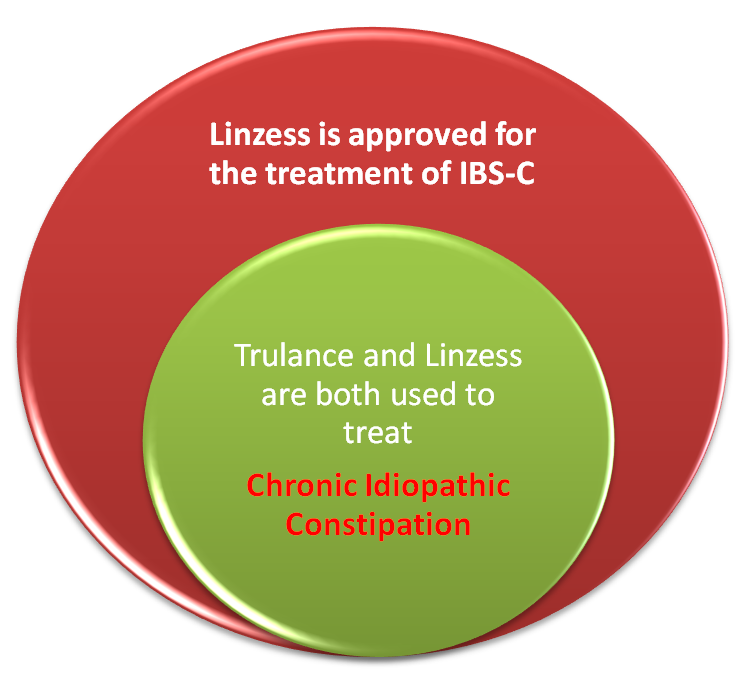Vortioxetine (Brintellix, Trintellix) Side effects Including Sexual
Vortioxetine Side effects that are common include nausea, dyspepsia, diarrhea, constipation, and sexual side effects. Most of the side effects are related to the central nervous system. A detail of the side effects of Vortioxetine is reviewed here. A piece of advice regarding how to overcome these side effects is also discussed. What is Vortioxetine? … Read more









